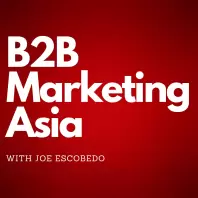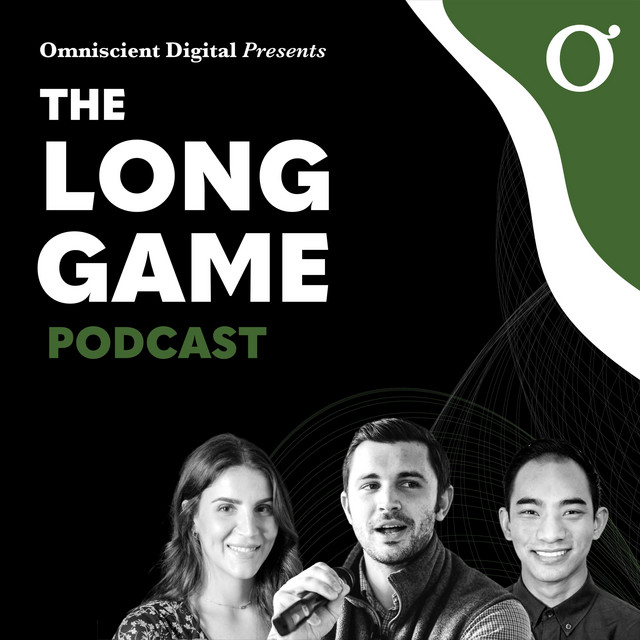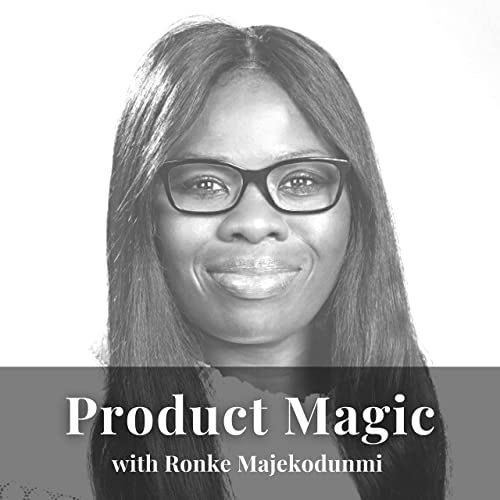In celebration of CGMA Week, the FM podcast welcomed two CGMA designation holders who recently spoke at UK & Ireland ENGAGE to discuss the lessons they've learned throughout their careers, how their mindset has shifted over the years, and the advice they would give to finance professionals navigating opportunities in a challenging era defined by potential and uncertainty.
Simon Ritchie, ACMA, CGMA, founder and CEO of Blox Software, and Olcay Yilmaz, FCMA, CGMA, finance director–Rail Infrastructure at Siemens, explain the importance of continuous learning in a time when knowledge has a faster expiration date for finance professionals.
Ritchie and Yilmaz highlight the ways finance professionals can position emerging technologies as innovation drivers in the finance function and how to fully embrace those tools in their roles.
CGMA Week is a global celebration designed to showcase the value, pride, and achievements associated with the CGMA designation.
What you'll learn from this episode:
- How an early start in technology can prevent finance professionals from working "backwards".
- The importance of learning to love learning — and why it pays off.
- Key areas Yilmaz and Ritchie expect AI to optimise within the finance function.
- Strategies for harnessing structure and embracing change through uncertainty.
- Their advice for professionals preoccupied with career ladders and titles.
- Tips for professionals struggling to map their learning and growth journeys.










